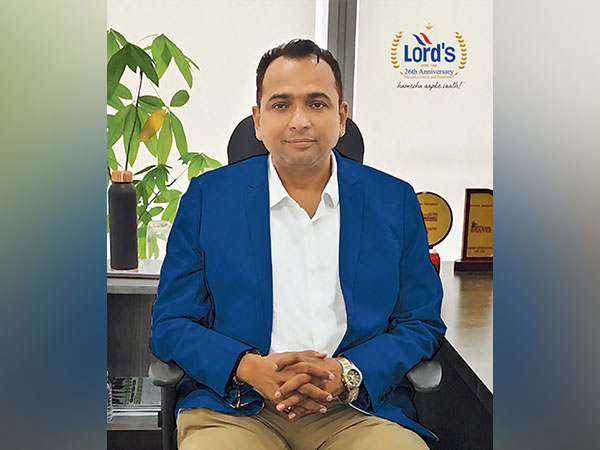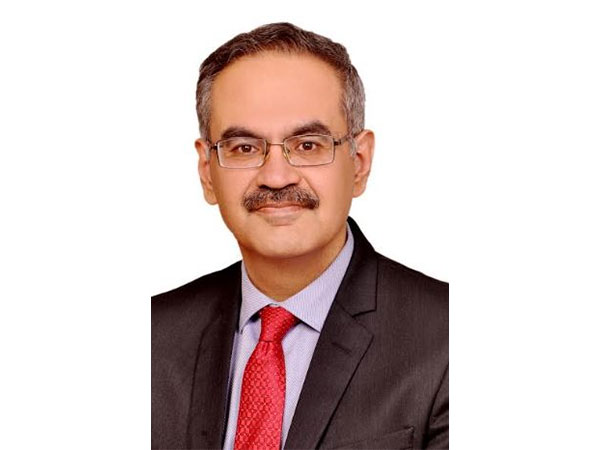Age of criminal responsibility in Australian capital to be raised to 14
May 08, 2023
Canberra [Australia], May 8: The Australian Capital Territory (ACT) is set to become the first jurisdiction in the country to raise the age of criminal responsibility to 14.
Shane Rattenbury, attorney-general of the ACT, on Monday said he will introduce a bill into the Legislative Assembly on Tuesday that would raise the age at which a child can be prosecuted for a crime from 10 to 14 in two stages.
Under the plan, the age of criminal responsibility will be raised to 12 when the legislation is passed and increased to 14 by July 1, 2025.
However, after the second increase, the age will remain at 12 for four "exceptionally serious" offences, with the aim of ensuring harmful behavior of this nature is appropriately addressed.
"The reforms in this bill will help address the factors which impact children and young people under 14 who engage in harmful behavior, rather than criminalizing them," Rattenbury said in a statement on Monday.
"Addressing the underlying needs of this cohort will reduce recidivism and support the wellbeing of young people in the community."
The ACT legislation would also support children and young people under the age of 18 involved in the criminal justice system by introducing a new community-based intensive therapeutic sentence called a Therapeutic Correction Order.
"The order will provide wraparound services for a young offender convicted of a criminal offense to ensure they receive assistance to address their needs and reduce the likelihood of reoffending," said Rattenbury.
Rachel Stephen-Smith, ACT minister for families and community services, said the bill is expected to have a positive impact on the long-term well-being of at-risk children and young people, their families and the broader community.
Source: Xinhua








